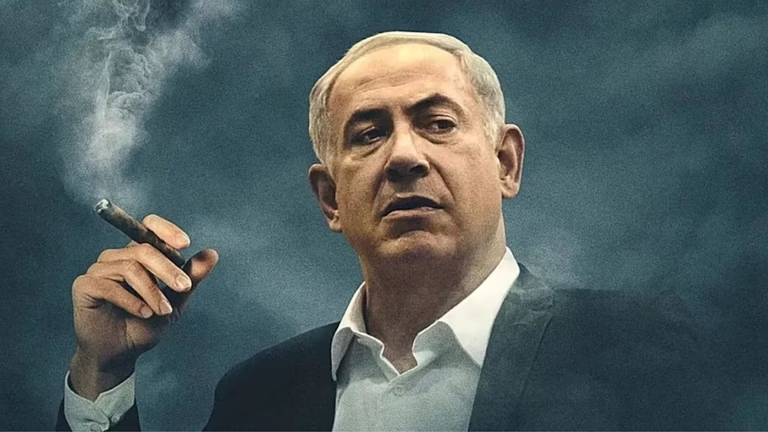John Oliver, host of the popular show Last Week Tonight, recently focused on a controversial documentary that faced censorship in Israel. The documentary, The Bibi Files, examines the career of Israeli Prime Minister Benjamin Netanyahu. Israeli authorities attempted to ban the film, citing legal and political concerns.
Oliver’s segment highlighted how the ban sparked debates about freedom of expression both in Israel and worldwide. The comedian stressed that censorship of political content raises serious questions about transparency and public accountability.
The Bibi Files dives into Netanyahu’s political life, his rise to power, and the controversies surrounding his tenure. The documentary features interviews with journalists, political analysts, and insiders, painting a detailed picture of the Israeli Prime Minister. Oliver noted that banning such material can prevent citizens from accessing important political information.
The attempt to suppress the documentary has drawn attention from international media and free speech advocates. Critics argue that blocking access to politically sensitive documentaries undermines democratic principles and the public’s right to information. Oliver used his platform to explain these concerns with a mix of humor and insight.
During his show, Oliver reviewed key scenes from the documentary, pointing out moments that Netanyahu allegedly wanted to suppress. He emphasized that the film does not only criticize Netanyahu but also encourages viewers to question leadership, accountability, and media transparency.
Analysts say this case highlights the tension between government authority and media freedom. In Israel, the debate over censorship is ongoing, with supporters of free speech warning that limiting access to documentaries sets a dangerous precedent.
Oliver also compared the situation in Israel to global trends in media censorship. Many countries face similar controversies when political figures try to control narratives. By showcasing The Bibi Files, Oliver stressed the importance of resisting efforts to silence investigative journalism.
Public reactions to the episode have been mixed. Some viewers praised Oliver for shedding light on censorship issues, while others criticized him for airing content deemed sensitive by Israeli authorities. Regardless, the show sparked renewed discussion on the role of documentaries in holding leaders accountable.
Legal experts note that while governments can regulate content for security or privacy reasons, banning a political documentary outright is rare. This incident illustrates the fine balance between national interest and citizens’ right to information.
The segment also encouraged audiences to explore the documentary online, despite attempts to restrict its distribution. Oliver reminded viewers that understanding political realities requires access to diverse sources, even when controversial.
Freedom of expression remains a critical topic in today’s global media landscape. Events like the attempted ban of The Bibi Files demonstrate the ongoing struggle between transparency and governmental control. Oliver’s coverage brings this debate to an international audience, highlighting the importance of questioning censorship.
As Last Week Tonight continues to tackle controversial subjects, shows like Oliver’s serve as reminders that media can play a powerful role in informing the public. The coverage of Netanyahu’s attempt to block the documentary underscores the need for vigilance in protecting the free flow of information.
By blending humor, analysis, and reporting, Oliver’s segment helped viewers understand the stakes involved in political censorship. The discussion around The Bibi Files encourages people to consider how restrictions on media affect democracy and accountability worldwide.

